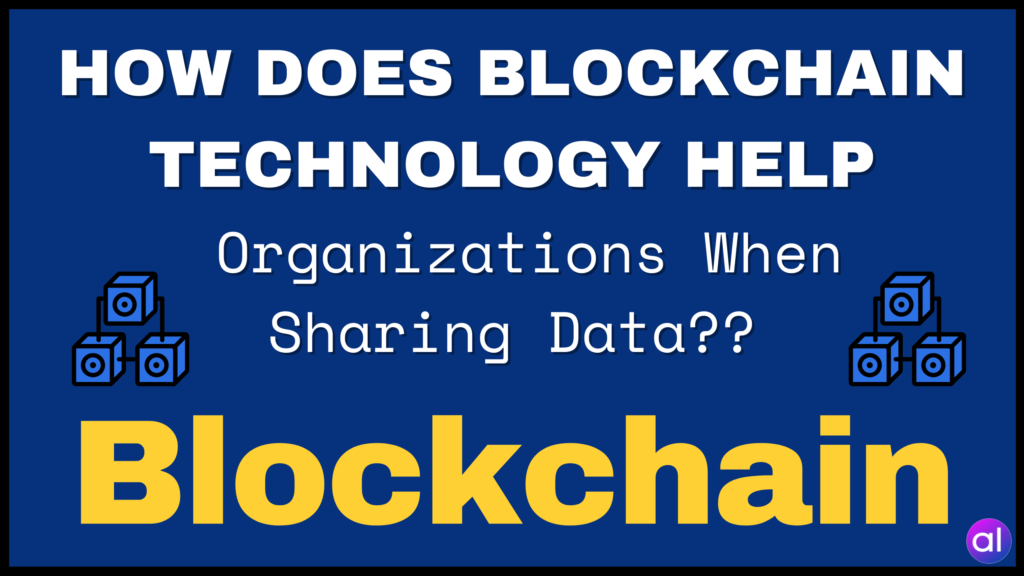Polyhedra Network: Revolutionizing Web3 and Web2 with Zero-Knowledge Proofs
Eric Vreeland, CSO at Polyhedra Network, recently sat down with The Cryptonomist to discuss the exciting intersection of Web3, zero-knowledge (ZK) proofs, and artificial intelligence (AI).
Polyhedra Network’s mission is to leverage zero-knowledge proofs to unlock exponential improvements in computational power and cross-platform interoperability. By compressing large datasets into small proofs, ZKPs have the potential to revolutionize computation, leading to massive performance improvements in AI and machine learning applications. The ability to provide verifiable computation and preserve data privacy makes zero-knowledge an area of growing interest for traditional financial institutions exploring blockchain technologies.
The complexity and performance limitations of zero-knowledge technology have been significant hurdles to adoption. However, Polyhedra Network has invested heavily in ZK research and developed the world’s fastest proof system, Expander, making zero-knowledge applications much more practical. The focus now is on making these highly performant proof systems more accessible to developers.
Secure and Trustless Transactions with Zero-Knowledge Proofs
Zero-knowledge proofs enable secure and trustless transactions by allowing one party to prove the validity of a statement to another without revealing any underlying information. This reduces the need for trust mechanisms or third-party intermediaries, leading to cost reductions for users and developers in both web3 and web2 environments.
In web3, ZKPs offload computations and minimize on-chain data, resulting in significant cost reductions. In web2, zero-knowledge enhances data security and privacy, enabling trust-minimized interactions without intermediaries.
Scalability and Cost Reduction with ZK Proofs
ZK proofs contribute to system scalability and operational cost reduction by efficiently verifying large computations and data sets without full access to the underlying information. This leads to faster processing times and lower infrastructure costs. Specific examples include zk-rollups in blockchain technology, enhancing throughput and reducing gas fees.
In web2 environments, zero-knowledge is used in privacy-preserving data analysis, allowing companies to perform computations on encrypted data without compromising user privacy.
Enhancing Interoperability and Security with Trustless Cross-Chain Bridges
Trustless cross-chain bridges eliminate additional trust assumptions or third parties, enhancing interoperability and security across different blockchain networks. By generating a proof of the state of one chain and verifying it on another, the need for additional trust mechanisms is minimized, reducing attack surface area and increasing trust in the blockchain consensus.
Improving Integrity and Reliability of AI Models with ZK Proofs
Integration of zero-knowledge proofs with blockchain technology improves the integrity and reliability of AI models by providing tamper-proof verification of correct training processes without exposing underlying data. This increases user confidence in trustworthy data and reduces opportunities for fraud, particularly in industries with sensitive data like financial services and healthcare.
Exciting Developments at Polyhedra Network
Polyhedra Network is the creator of zkBridge, the most widely used zero-knowledge secured bridge connecting over 25 blockchains and facilitating millions of cross-chain transactions. They are also working on Proof Cloud, a cloud proving platform that decreases costs and increases efficiency in proof generation. Additionally, they have open-sourced their record-breaking proof system, Expander, which offers significant improvements in speed and cost of proof generation.
Looking ahead, Polyhedra Network plans to explore the application of zero-knowledge to AI and machine learning, with AI-specific developer tools and applications in the pipeline for the next 12 months.



